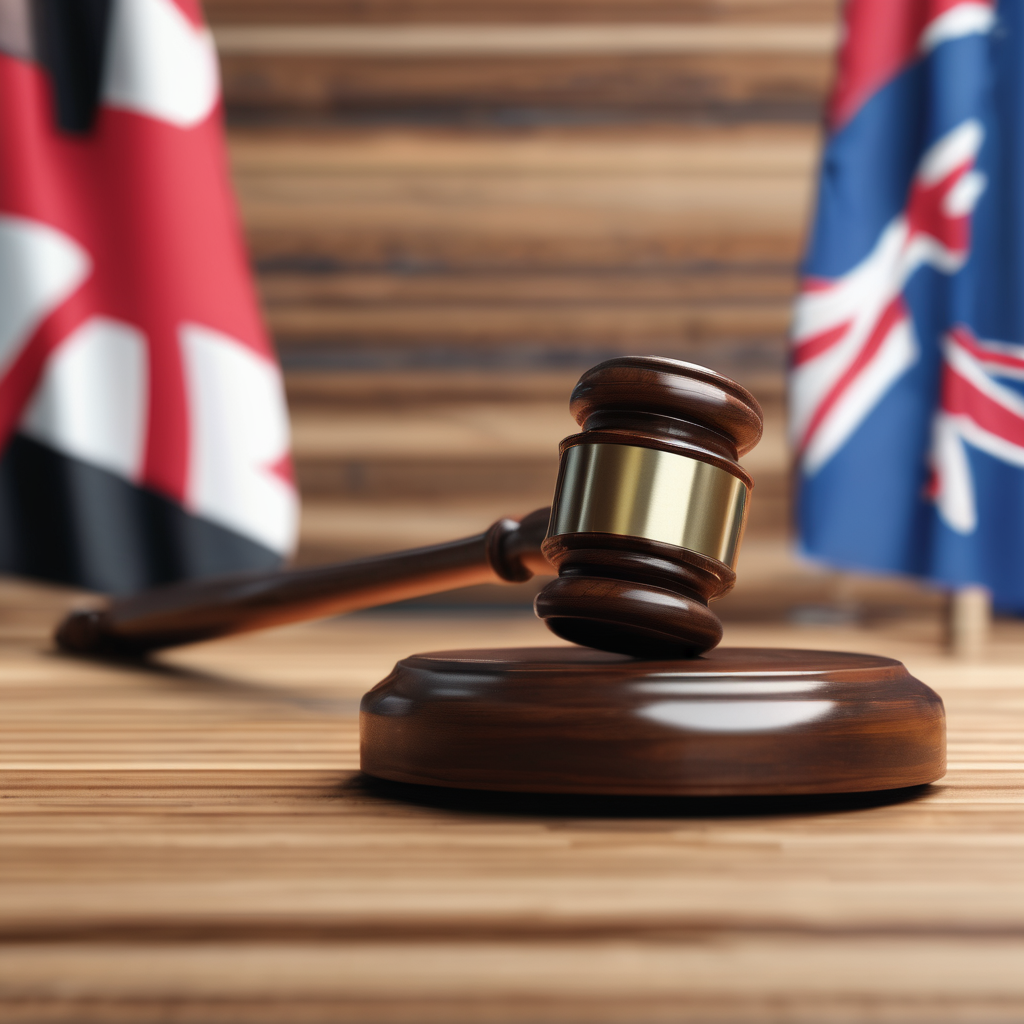The Fijian Cabinet has approved the final report addressing the operational status of the nation’s Law and Justice Sector, alongside a comprehensive roadmap aimed at enacting reforms within the sector. This roadmap is built upon seven foundational pillars: Justice System Efficiency, Anti-Corruption, Oversight and Legal Identity Modernization, access to Justice and Legal Inclusion, Law Enforcement and Rehabilitation, Legislative Reform and Coordination, as well as Community Engagement and Legal Awareness.
Central to this initiative is the planned Justice Summit, which seeks to present and discuss the findings of the report alongside the proposed roadmap. This summit aims to garner broader support from technical partners and investigate potential external funding avenues to support the proposed reform initiatives.
The recent discussions between Fiji and Japan regarding legal cooperation resonate with this reform effort, as both nations have committed to strengthening their justice systems. A Memorandum of Cooperation signed between the two countries emphasizes modernizing correctional facilities, enhancing rehabilitation efforts, and promoting accountability and integrity within the judiciary.
Fiji’s Minister for Justice and Acting Attorney-General, Siromi Turaga, has been an influential figure in these transformative dialogues. The commitment to international partnerships signifies a hopeful trajectory for Fijian governance, aiming not only at legal reform but also at broader accountability and transparency initiatives in the justice sector.
The ongoing collaboration with Japan, alongside the new roadmap for Fiji’s Law and Justice Sector, reflects a proactive approach towards establishing a more efficient and equitable legal framework. This concerted effort underscores a shared vision of enhancing democratic values and contributing positively to the rule of law and governance in Fiji. Overall, these developments create optimism for a future where justice is accessible, fair, and inclusive for all Fijians.
